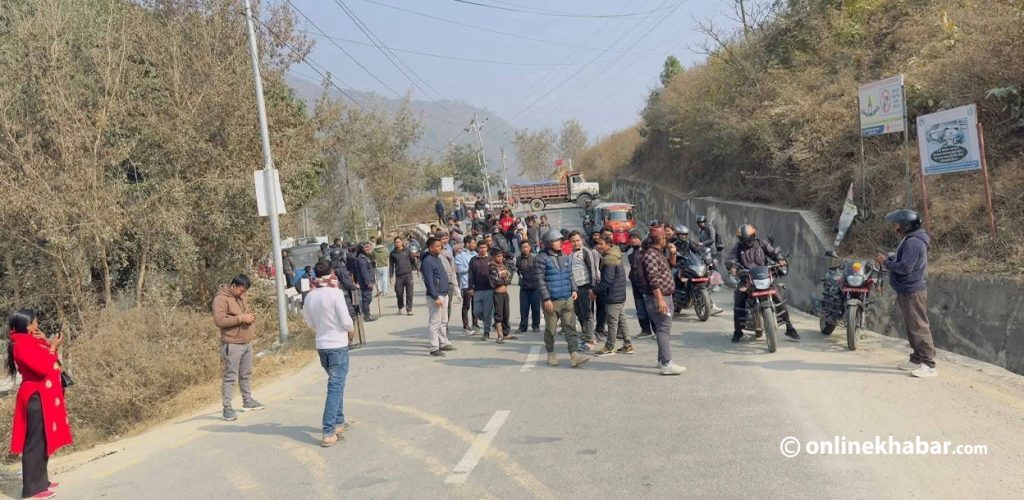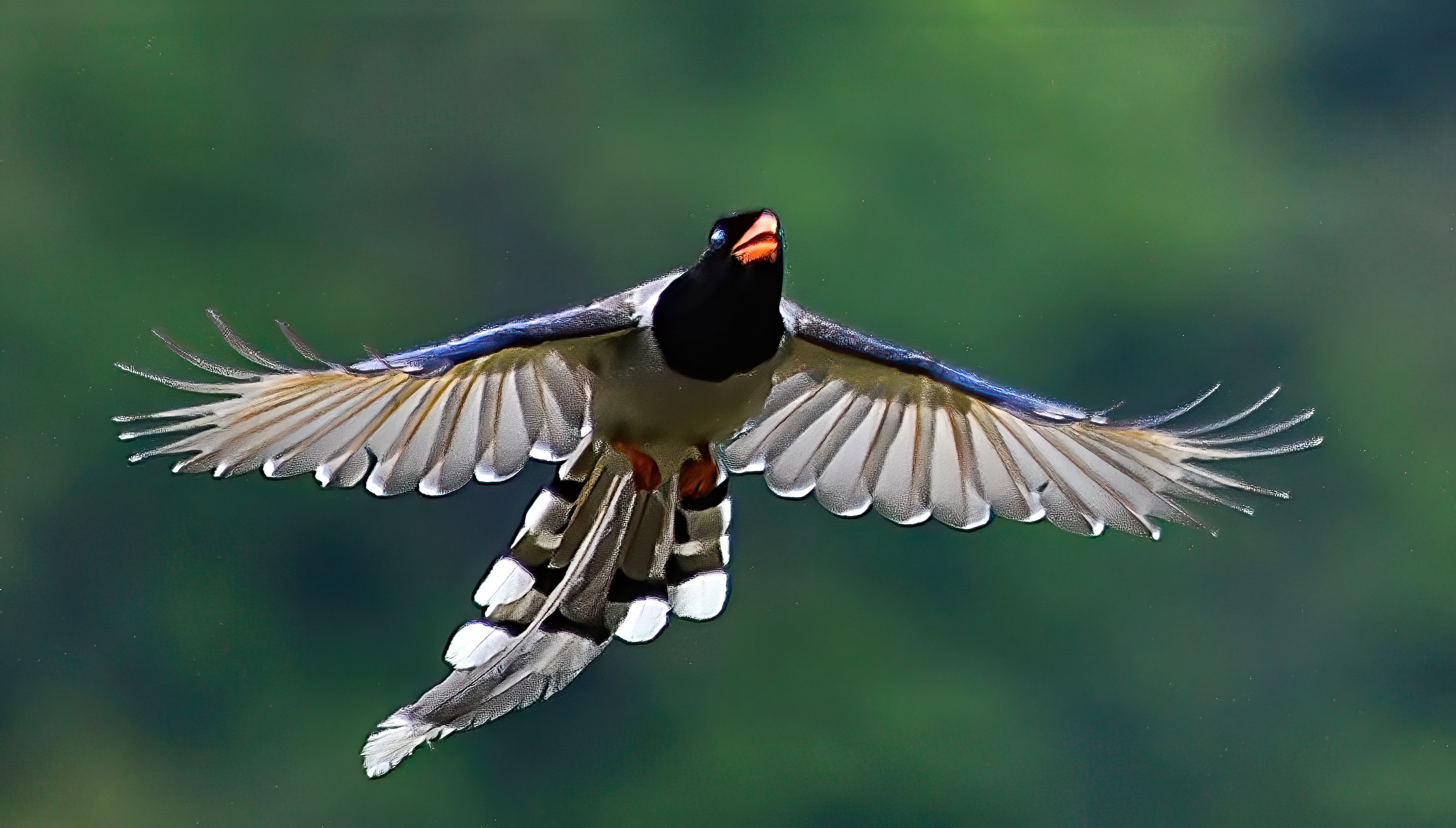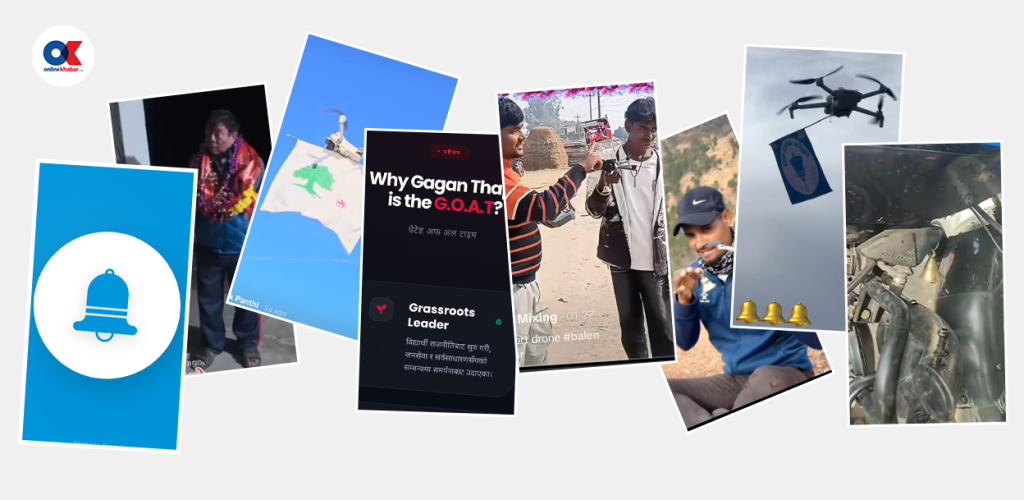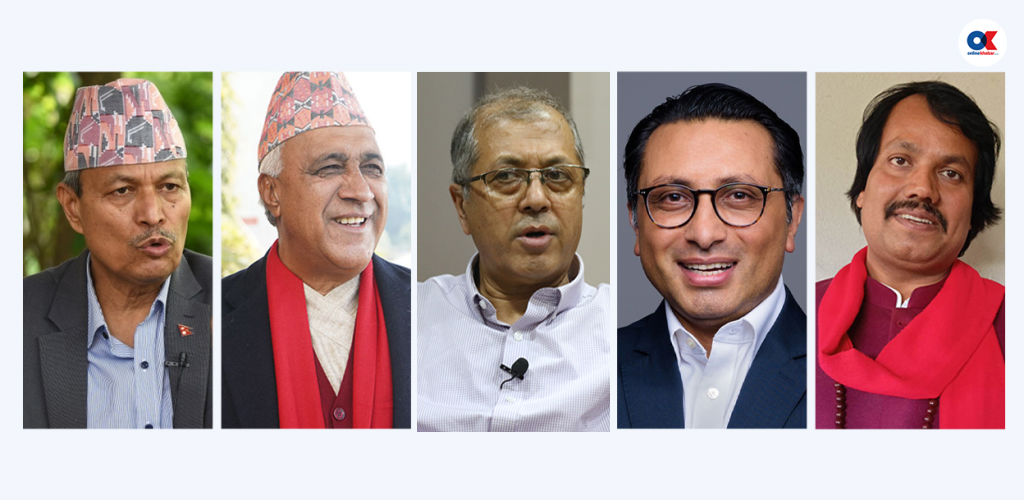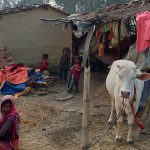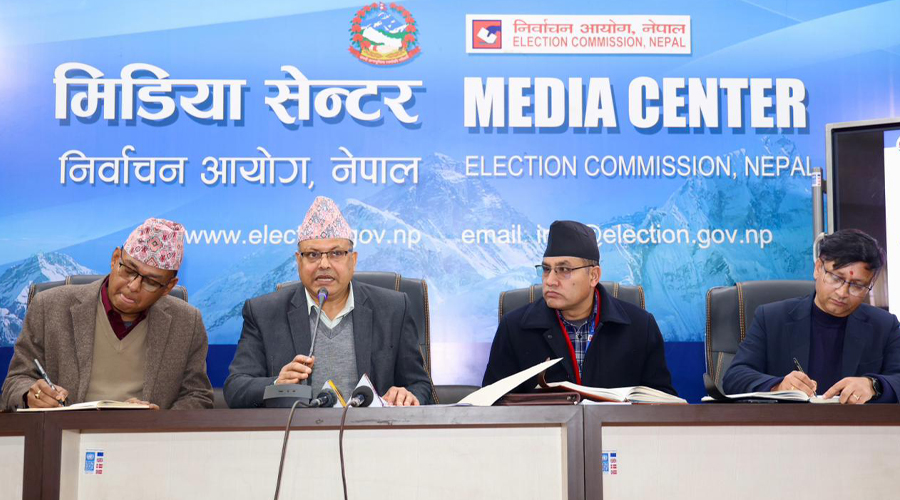Commentary
Prime Minister KP Oli wishes to form a cross-party mechanism to sort out disputes on demarcation of federal units to appease India ahead of his planned visit that begins from Friday.
It is part of a four-point roadmap that Deputy Prime Minister and Minister for Foreign Affairs Kamal Thapa had submitted to his Indian counterpart Sushma Swaraj during his second visit to India in December, 2015.
Along with inclusive and proportional representation of the Madhesi communities and population-based delimitation of electoral constituencies, Thapa assured Indian leaders demarcation would be settled within three months through a political mechanism. Previous two issues have already been addressed through constitution amendments, while the latter remains unsettled, a major concern for India.
It is sure Indian leaders will ask Oli about the mechanism. So, Oli wants to form a mechanism before he goes to Delhi. If we buy the words of Sadbhavana Party Chairman Rajendra Mahata, to earn the goodwill of India, Oli will have to settle the remaining demands of Madhes-based parties. This demonstrates that Oli is ready to do anything at the cost of appeasing India.
The strained Nepal-India relations seem to have headed towards a thaw. PM, his team and Ministry of Foreign Affairs are working to make the visit fruitful. Oli’s visit has been keenly observed by all sections of society due to his anti-Indian rhetoric just before and soon after the constitution promulgation.
Even China and western countries are closely following Oli’s India visit. At a meeting with Forest Minister Agni Sapkota, Chinese officials enquired about Oli’s planned India visit.
Even China and western countries are closely following Oli’s India visit. At a meeting with Forest Minister Agni Sapkota, Chinese officials enquired about Oli’s planned India visit.
While serving as Home Minister and Minister for Foreign Affairs after 1990, Oli built a very cordial relation with the southern neighbour. Inside CPN-UML, Oli was considered close to India and the latter reportedly supported dozens of development projects in Oli’s electoral constituency in Jhapa. There was also Indian support for some projects that Oli had initiated in Kathmandu.
Oli surprised many people when he criticised India heavily soon after constitution promulgation. He even went to say that the Indian blockade is more ‘inhuman’ than a blockade imposed during a war. He publicly urged India to ease the blockade and respect the transit right of a landlocked country. Deputy Prime Ministers CP Mainali and Chitra Bahadur KC accused India of trying to split the Terai. The Indian Embassy in Kathmandu objected to the statements coming from two deputy prime ministers.
Along with this, Oli also played the ‘China card‘. His government stepped up diplomatic talks with China to deal with the Indian economic embargo. A Memorandum of Understanding was also signed with China to import gasoline. Efforts were also made to open more trade and transit points with China. Oli also said he will not visit India until the latter lifts the blockade. He threatened to visit China in the event of delays in lifting the blockade.
Amid all these developments, Thapa visited India and assured to fulfil the demands of Madhes-based parties. Soon after Thapa’s return, the Cabinet endorsed a four-point proposal to resolve the Madhes-based parties’ agitation.
FM Thapa immediately informed his counterpart Swaraj about the Cabinet decisions. The same day, India’s Ministry of External Affairs welcomed the Cabinet decisions. This played a key role in patching up Nepal-India relations.
After this, relations between Oli and India headed towards the thaw. India regarded constitution amendment as a positive development and urged parties to settle remaining issues constructively.
Following these developments, India removed the blockade. Later, Madhes-based parties also decided to withdraw their protests meant to blockade the border. Now, it seems that ties between Nepal and India are rapidly moving forward in a ‘positive direction.’ There are reports that India is going to accord special honour to Oli.
Now, it seems that ties between Nepal and India are rapidly moving forward in a ‘positive direction.’ There are reports that India is going to accord special honour to Oli.
Timeline:
- September 20: India notes the promulgation of new constitution
- September 23: Indian blockade starts
- September 26: Nepal’s Ministry of Foreign Affair asks India ambassador about blockade
- November 4: India first the first time raises the issue of Truth and Reconciliation Commission at UN
- November 6: Nepal’s Foreign Ministry objects the joint statement of India and UK regarding Nepal’s constitution
- December 4: Indian Ministry of Foreign Affairs defended blockade at Rajya Sabha about blockade
- December 21: DPM Thapa informs India about the decisions made by cabinet to address demands of Madhes-based parties
- December 31: Telephonic conversation between Oli and Narenda Modi
- January 23: First amendment to constitution
- January 24: India regards amendment of constitution as a positive development
- February 5 : India removes blockade at Birgunj
- February 19: Oli’s India visit begins
Oli is publicly saying that he will not sign any deal with India against national sovereignty and national independence. In this light, Oli’s India visit is going to be historic. It is not sure whether he would continue to stand in his position or bow to Indian establishment like previous prime ministers.
After the blockade, there is a growing realisation among policymakers, politicians and people that Nepal needs to diversify its trade with China. The blockade has taught a lesson that we should not be over-dependent on India like in the past. To decrease current trade imbalance, there is a need to sign some trade agreements with China. India wants to prevent Nepal from signing such deals with China.
Will Oli stand in his position? Oli is also likely to repeat similar mistakes that his predecessors made. PM Oli should not sign any new agreement with India in this crucial phase.
The Ministry of Foreign Affairs has rightly advised PM Oli to break the ‘tradition’ by not presenting any list of demands with India during the visit.
Now, India wants to ensure a middle path between Kathmandu and Madhes. India wants cordial relations with the current government without hurting Madhes-based parties. Oli, on the other hand, will try to continue to stay in power by appeasing Delhi. It is not just a coincidence: Citing constitutional provisions, Oli on Saturday said he will stay in power until national elections take place. Oli’s stay in power largely depends on how he fulfils the demands of Madhes-based parties on demarcation.







